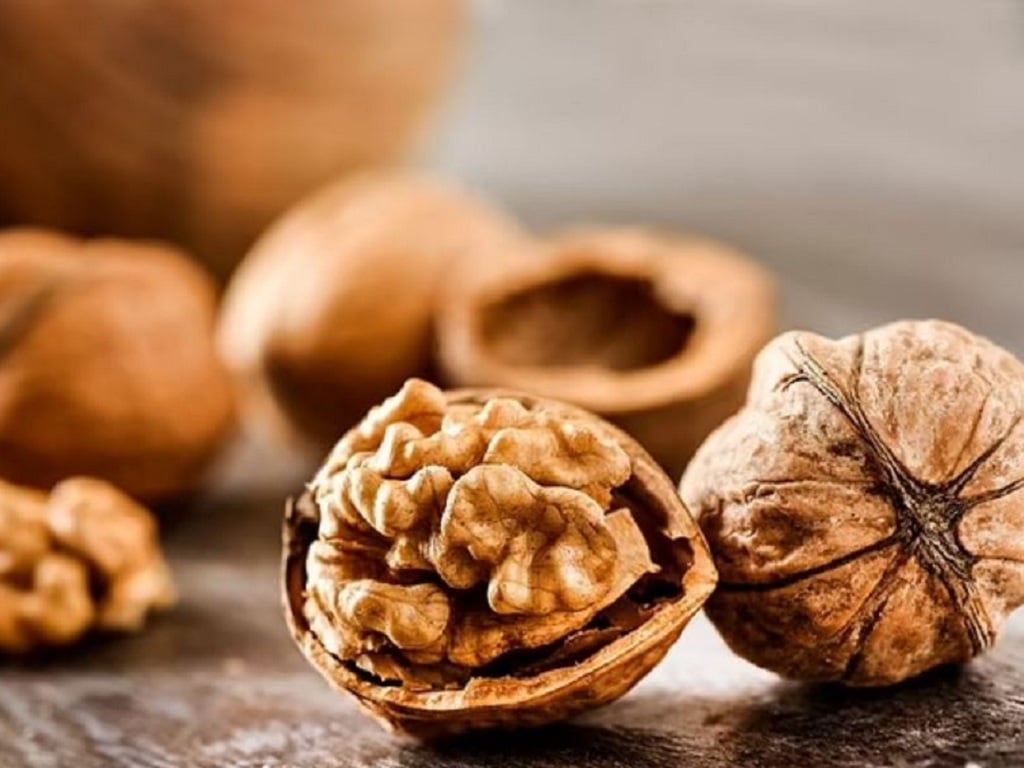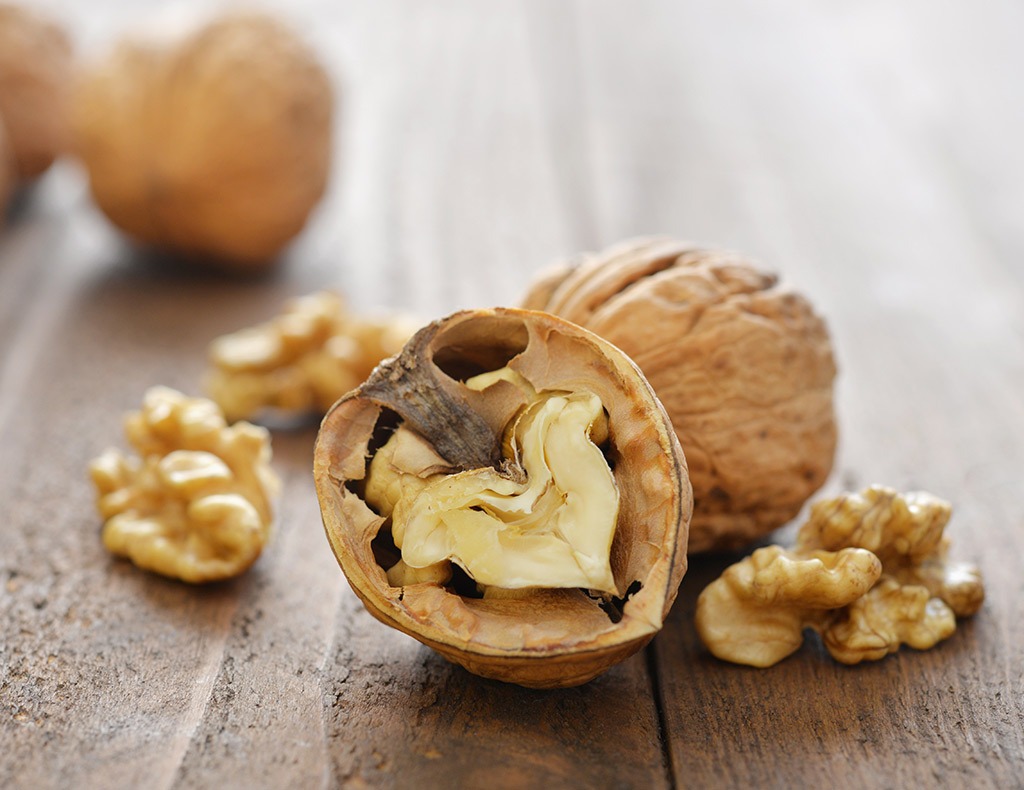Getting enough sleep is crucial for good health. During sleep, the body begins the process of repairing damage. Lack of sleep increases the risk of diabetes, high blood pressure, heart disease, and depression, according to the UK health website Medical News Today .

Walnuts contain nutrients that help you fall asleep more easily.
Diet has a significant impact on sleep quality. Eating the right foods before bed can help you fall asleep more easily and sleep more soundly. Walnuts can do this thanks to their abundant nutritional content.
Walnuts contain a large amount of magnesium, which is beneficial for sleep. Numerous studies show that consuming magnesium-rich foods helps activate the parasympathetic nervous system, thereby allowing the body to enter a relaxed state, reducing breathing rate, heart rate, eye activity, and blood vessel activity, making it easier to fall asleep.
Magnesium also plays a positive role in the body's production of melatonin, a hormone that controls the sleep-wake cycle. A magnesium deficiency will affect melatonin levels, making it difficult to fall asleep. Besides walnuts, other magnesium-rich foods include pumpkin seeds, peanuts, and cashews.
Walnuts are also good for sleep because they contain a large amount of omega-3 fatty acids. This healthy fat has not only been shown to improve cardiovascular health and fight certain types of cancer, but also helps the body sleep better and longer.

Walnuts are also good for sleep because they contain a large amount of omega-3 fatty acids.
This benefit is due to omega-3s having anti-inflammatory properties, which help reduce levels of the stress hormone norepinephrine. This hormone disrupts REM sleep, which is responsible for improving memory, mood, cognitive abilities, and blood pressure.
Some research evidence suggests that a deficiency in omega-3 fatty acids is linked to melatonin levels. Meanwhile, increasing omega-3 intake in the diet can help increase melatonin production and promote better sleep.
While eating walnuts near bedtime can help you fall asleep more easily and sleep more soundly, some foods have the opposite effect and should be avoided. The first to avoid are things high in caffeine, such as coffee or tea. Foods like cheese, tomatoes, spicy foods, and alcoholic beverages should also be avoided close to bedtime, according to Medical News Today.
Source link



![[Photo] National Assembly Chairman Tran Thanh Man inspects election preparations in Hai Phong city.](https://vphoto.vietnam.vn/thumb/1200x675/vietnam/resource/IMAGE/2026/02/26/1772095420401_ndo_br_bnd-8016-jpg.webp)
![[Photo] National Assembly Chairman Tran Thanh Man working with the Hai Phong City Election Committee](https://vphoto.vietnam.vn/thumb/1200x675/vietnam/resource/IMAGE/2026/02/26/1772103806795_ndo_br_bnd-8224-jpg.webp)
![[Photo] Thousands of tourists visit the Quang Trung Emperor Temple in Nghe An during the early spring season.](https://vphoto.vietnam.vn/thumb/1200x675/vietnam/resource/IMAGE/2026/02/26/1772095410680_img-9305-3882-jpg.webp)











































































































Comment (0)